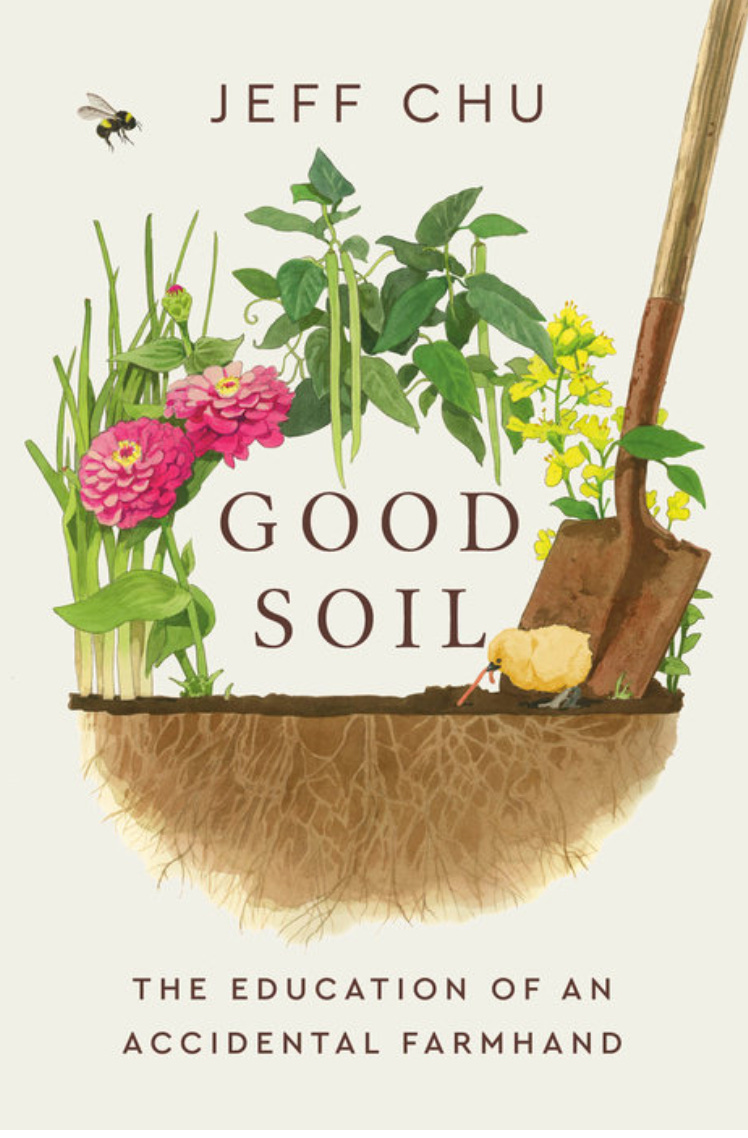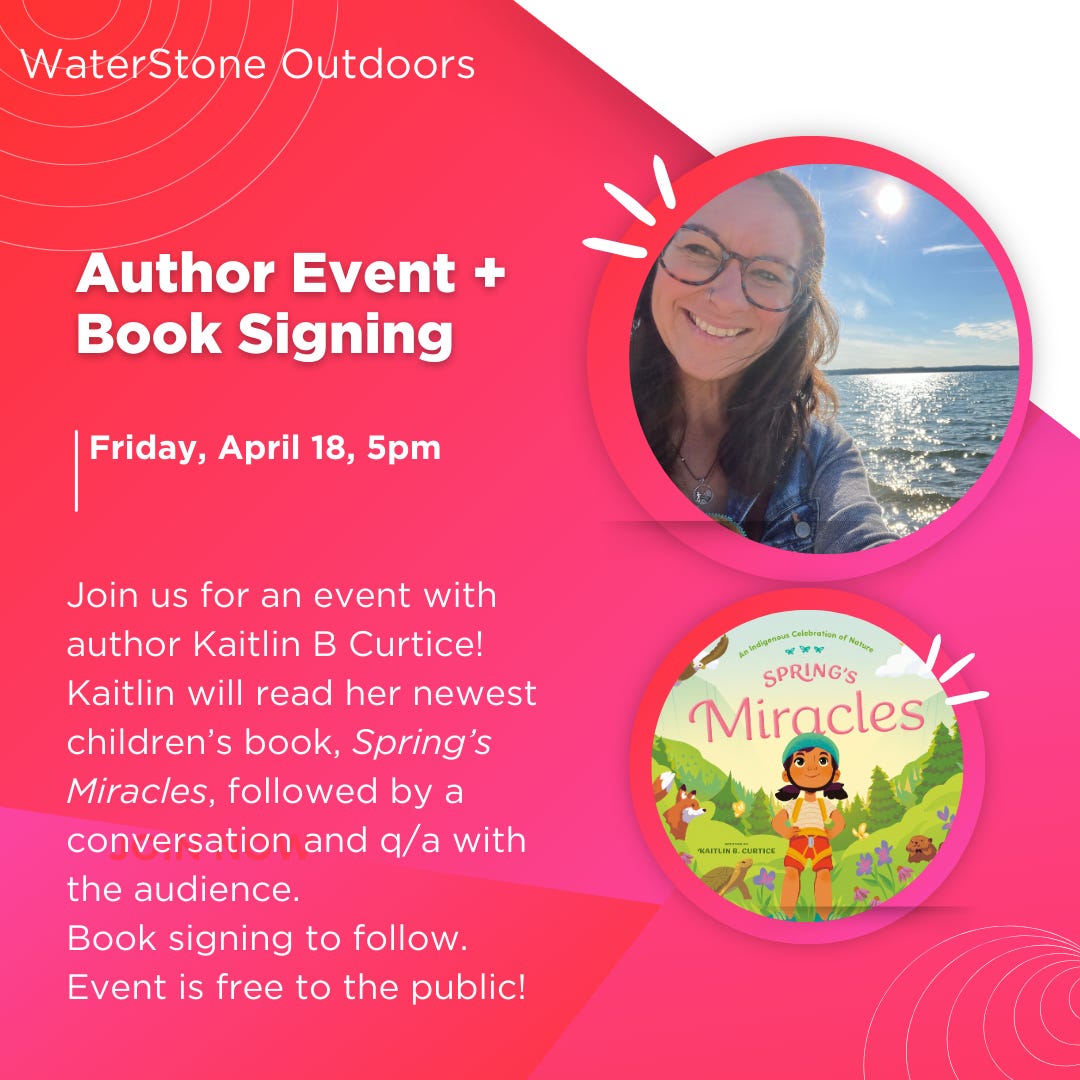Dear Liminality Journal Community,
I have such a special treat for you today! My dear friend, incredible author, storyteller, and human, Jeff Chu, has recently released a brand new book called Good Soil.
First, I invite you to Subscribe to his Substack, which is earthy, tender, powerful, and contains the occasional fabulous recipe. Subscribe below:
Next, order the book!
I’ll remind you right now and I’ll remind you at the end of this post, because the book is that beautiful and it belongs on your bookshelf, next to your bed, on the coffee table. Jeff is a writer who brings the world and stories to life.
Jeff Chu is an award-winning journalist, essayist, preacher, and speaker. He serves as an editor-at-large at Travel+Leisure magazine, teacher in residence at Crosspointe Church in Cary, N.C., and parish associate for storytelling and witness at the First Presbyterian Church in Berkeley, California.
Now, lean into this story from Good Soil:
Heron
As I drove up to the farm the morning after the goats left, I braced myself for what would not be there. Every day for six weeks, my arrivals had been greeted by Daisy’s throaty alto and August’s juvenile soprano. Not this day. I don’t think I even heard any birdsong. The quiet was so loud.
After getting out of my car, I started toward the goat enclosure, but then I thought better of it. Why go see what I already knew wasn’t there?
Instead, I walked toward the pond and sat on the stone bridge. The sun was high enough in the sky that the oaks gave some shade, and through the dapple I could see a couple of geese. On the far side of the pond, there was a white bird with a yellow beak and long black legs, high-stepping in slow motion through the water: a heron.
My bird app told me this heron was a great white egret (Ardea alba egretta).
A group of herons, I learned, is called a congregation, which I thought was perfect for a bird that showed up on a seminary’s farm. (They’re sometimes called a siege or a wedge, alternative names that seem apt for American Christianity today.)
Some herons, I also learned, were once nicknamed “shitepokes,” for their unusual habit of pooping when disturbed. Considering all these terms together made them seem somehow a little less mysterious, a bit more familiar, certainly more relatable.
The great white egret, though: surely never a shitepoke. Too regal. The app did call it “common,” by which it meant frequently seen. But in the nineteenth century, the feathers of the great white egret were so coveted that millions of the birds were slaughtered every year to keep the fashion industry supplied. Milliners could not keep up with the hat-wearing consumer’s desire. By the turn of the twentieth century, an ounce of these plumes, which was four birds’ worth, was selling for about $32 (about $1,100 today), nearly twice the price of gold.
Only federal legislation banning the killing of egrets and the harvesting of their feathers was able to save the birds from extinction.
In her poem “Some Herons,” Mary Oliver describes the heron alternately as a preacher or poet—specifically, “an old Chinese poet.” I believe she is writing about the great white egret’s cousin, the great blue heron. No matter: I’ve never thought of such birds, white or blue, as preachers or poets.
If someone had told me that Canada geese were preachers, that would make sense to me; with their loud honks, they could be those street-corner barkers with megaphones. Crows, too, which many peoples have seen as messengers of misfortune.
The heron, though: What kind of preacher stays mostly silent?
I suppose Oliver’s not wrong, though, at least according to my people. In Chinese lore, the heron is often regarded as a harbinger of goodness and a sign of a path forward. Its name, 鹭 (“lou”), is homophonous with a word that means “road” or “way.” Some even believed it to be that rare creature capable of flying between earth and heaven, escorting the souls of the departed to the afterlife.
As I watched the heron, the thing that I admired most was its apparent ease. It seemed unfettered. It appeared to be free.
A few years ago, I got to talking with the theologian Kelly Brown Douglas about forgiveness and freedom. She had been studying forgiveness in the African American Christian tradition, and she’d been pondering it particularly in the context of the murders of the Mother Emanuel Nine. In the wake of the 2015 killings at Emanuel African Methodist Episcopal Church in Charleston, South Carolina, several family members of the slain had publicly voiced their forgiveness of the killer. These statements prompted waves of praise at their magnanimity but also criticism, particularly from those who wondered whether the killer should be so quickly let off the moral hook.
Douglas thought this act of forgiveness had largely been mischaracterized. “The media immediately talked about how great it was that they forgave, without really understanding what that meant,” she said. Though she sympathized with critics who felt it was too soon to forgive, she didn’t think they got it entirely right either: “It’s not about cheap grace. It’s not about ignoring anger.”
In Douglas’s view, true forgiveness is never primarily about the perpetrator. “Forgiveness is about letting go of things that prevent one from moving forward,” she said. “There’s an invitation to the party that is being forgiven—to repentance, complete turning around, recognition of the sin you’ve committed. But forgiveness does not hinge on their repenting.”
To forgive is to declare that you will not be bound by that harm, by that hatred, she explained: “The only people it lets off the hook are the ones who are doing the forgiving.” Forgiveness, in other words, means freedom for the one who has been hurt, not the one who did the hurting.
Of course, forgiveness is rarely a one-time event. It doesn’t erase the past, and it cannot magically alter one’s memory. Perhaps it isn’t even an end. It’s the means—for healing, for liberation, even for love.
After our conversation, I wondered: What were the implications of Douglas’s understanding of forgiveness in other settings? What could it mean for those of us who have most struggled to forgive ourselves? What does it take to rejoin the congregation?
The heron’s ethereal movements entranced me: Its mesmerizing strut. The S of its neck suddenly straightening, followed by the javelin strike of its beak at an underwater target. Its smooth, steady ascent into the air. Every silky motion reminded me of my grandmother doing tai chi.
Which way? I wanted to ask the heron.
Where was I supposed to go?
What did it think I should do?
I stepped into the pond, my boots sinking into the muck. The heron turned toward me. I took a couple more steps, but that was close enough. It lifted its wings and, with barely a sound, flew away.
This gorgeous story makes me think of Spell Songs, a group of traditional musicians and poets from different backgrounds including Scotland, Wales and Senegal, focusing on words that were removed from the Oxford English Dictionary, words that reflect our relationship with the earth.
Enjoy below their song, Heron, as a reflection on Jeff’s beautiful story.
Again, I encourage you to grab Jeff’s book wherever books are sold!
And there’s more! Jeff has been on an epic book tour, and he very well may be coming somewhere near you! Check out his whole tour here, and if you live in the Kensington, Maryland area, I’ll be with Jeff in early May. Come see us!
Next week I’ll be traveling with my family for a climbing trip.
If you’re in the Fayetteville, WV area, I’ll be at Waterstone Outdoors for a book event on Friday, April 18th:
We are halfway through April, which means we are dangerously close to the end of April, which means we are very very close to May, which means we will be writing daily poetry soon! The next time you hear from me, I’ll prepare us for what to expect in May, and how to lean into the power of poetry, especially in chaotic times. I can’t wait.
If you have friends that might want to join us, please share The Liminality Journal with them. Onward friends!








I really admire and like the gracious way you amplify anf affirm the work of others. You are an inspiration to me. I just ordered Jeff's book. Thank you Kaitlin!
this is the most dear book i have read recently. i got the audio version. now i want the print version so i can write in it.